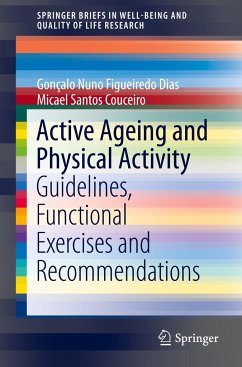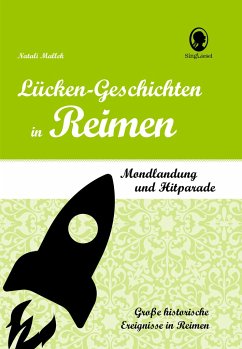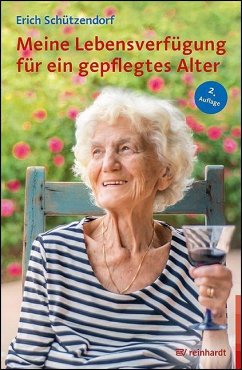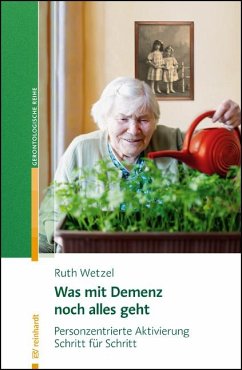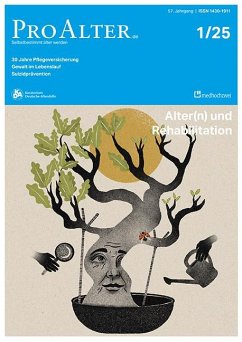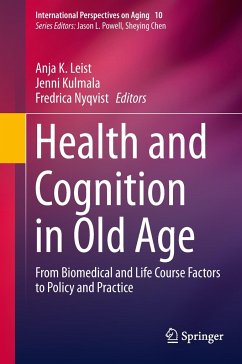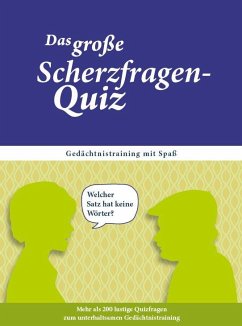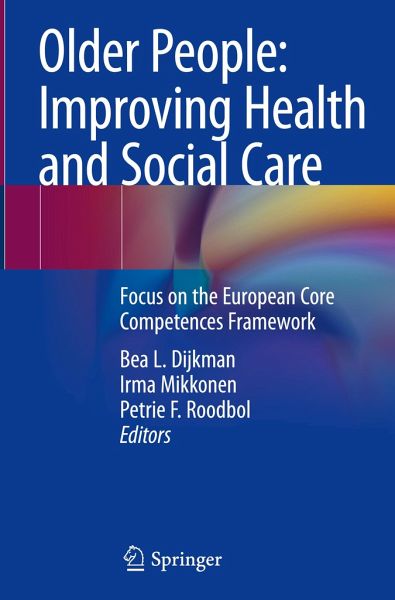
Older People: Improving Health and Social Care
Focus on the European Core Competences Framework
Herausgegeben: Dijkman, Bea L.; Mikkonen, Irma; Roodbol, Petrie F.

PAYBACK Punkte
34 °P sammeln!
This contributed volume is based on the "European Core Competences Framework for health and social care professionals working with older people" (ECCF), developed and verified in a unique international cooperation between 26 universities and universities of applied sciences in 25 European countries, part of the European Later Life Active Network (ELLAN). In addition to the framework, the book outlines the necessary qualifications and describes the roles of professionals working with older people in health and social services. It explores healthy ageing for older people from different perspecti...
This contributed volume is based on the "European Core Competences Framework for health and social care professionals working with older people" (ECCF), developed and verified in a unique international cooperation between 26 universities and universities of applied sciences in 25 European countries, part of the European Later Life Active Network (ELLAN). In addition to the framework, the book outlines the necessary qualifications and describes the roles of professionals working with older people in health and social services. It explores healthy ageing for older people from different perspectives and describes the seven roles of health and social care professionals (Expert, Communicator, Collaborator, Organizer, Health and Welfare Advocate, Scholar, and Professional), before going on to define 18 related competences and elaborating them in performance indicators.
Beyond the ECCF, the book explains the widely used CanMED role model and puts forward theories to support a client centered and integrated approach on health and social care in order to change attitudes toward older clients and offer better care and support. It also provides health and social care professionals, for example nurses, allied health professionals and social workers with new contextual information and cultural awareness. It gives a voice to students by addressing selected perspectives for professional development. The book includes questions for reflective learning helping to make the book a vital practical instrument for use in the educational context throughout Europe.
Europe's ageing populations represent a major challenge for both public health and social care systems. 18% of the population is 65 years old and over, and this proportion will increase in the coming years. As a result, more and more health and social care professionals will work with older people in different settings - at home, in the community, in hospitals or in long-term care settings.
Older people, and especially the frail, face a host of interrelated issues, e.g. cognitive restrictions, functional restrictions, psychosocial problems, multimorbidity, polypharmacy and social isolation. These problems call for an integrated approach to health and social care, which this book supplies. It is intended for health and social care professionals, students and educators, for a better understanding of Europe's ageing society and of the impact on care and services. Furthermore, the ECCF offers educational institutes a unique resource for curriculum development, education, training and assessment.
Beyond the ECCF, the book explains the widely used CanMED role model and puts forward theories to support a client centered and integrated approach on health and social care in order to change attitudes toward older clients and offer better care and support. It also provides health and social care professionals, for example nurses, allied health professionals and social workers with new contextual information and cultural awareness. It gives a voice to students by addressing selected perspectives for professional development. The book includes questions for reflective learning helping to make the book a vital practical instrument for use in the educational context throughout Europe.
Europe's ageing populations represent a major challenge for both public health and social care systems. 18% of the population is 65 years old and over, and this proportion will increase in the coming years. As a result, more and more health and social care professionals will work with older people in different settings - at home, in the community, in hospitals or in long-term care settings.
Older people, and especially the frail, face a host of interrelated issues, e.g. cognitive restrictions, functional restrictions, psychosocial problems, multimorbidity, polypharmacy and social isolation. These problems call for an integrated approach to health and social care, which this book supplies. It is intended for health and social care professionals, students and educators, for a better understanding of Europe's ageing society and of the impact on care and services. Furthermore, the ECCF offers educational institutes a unique resource for curriculum development, education, training and assessment.



